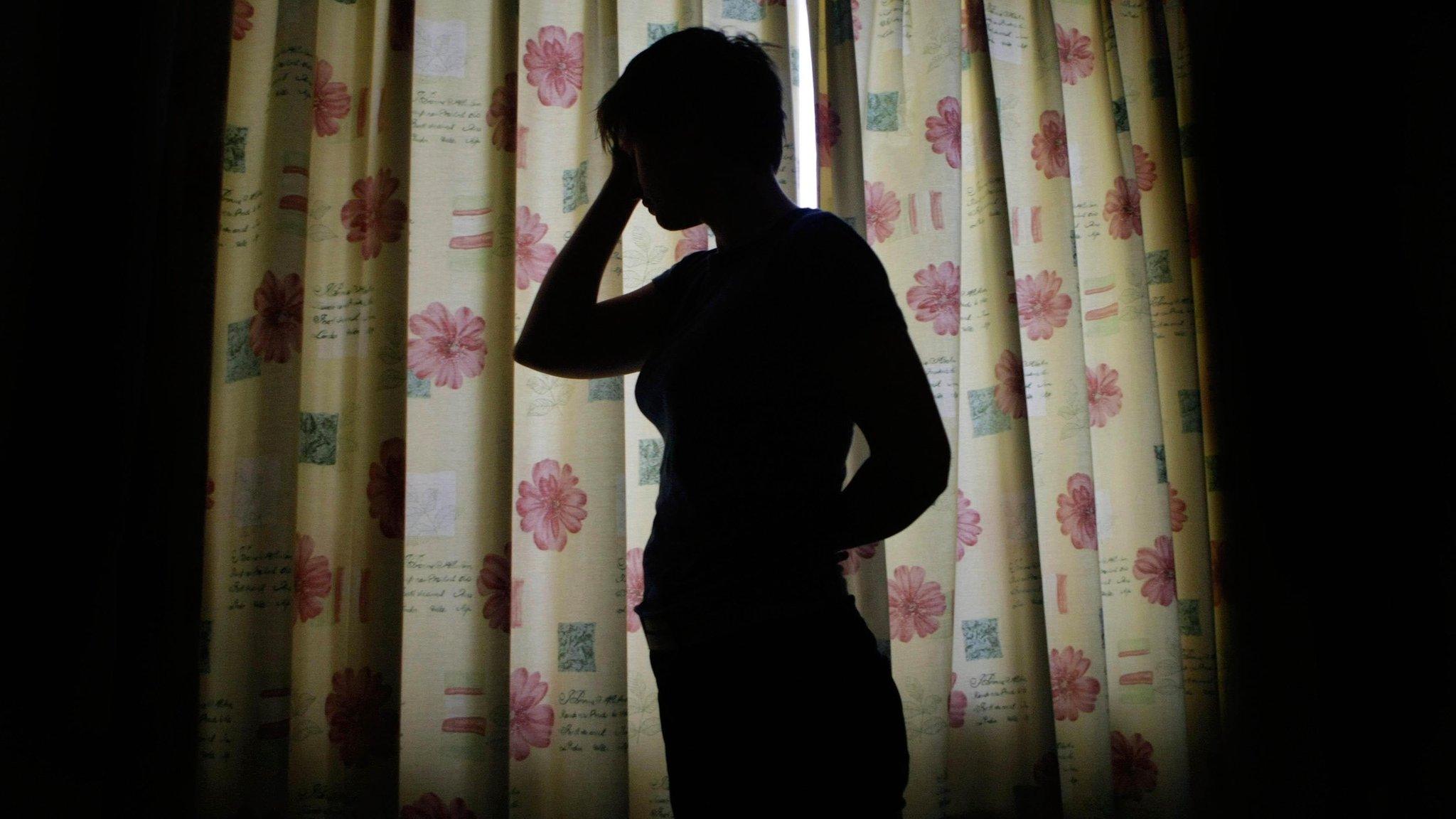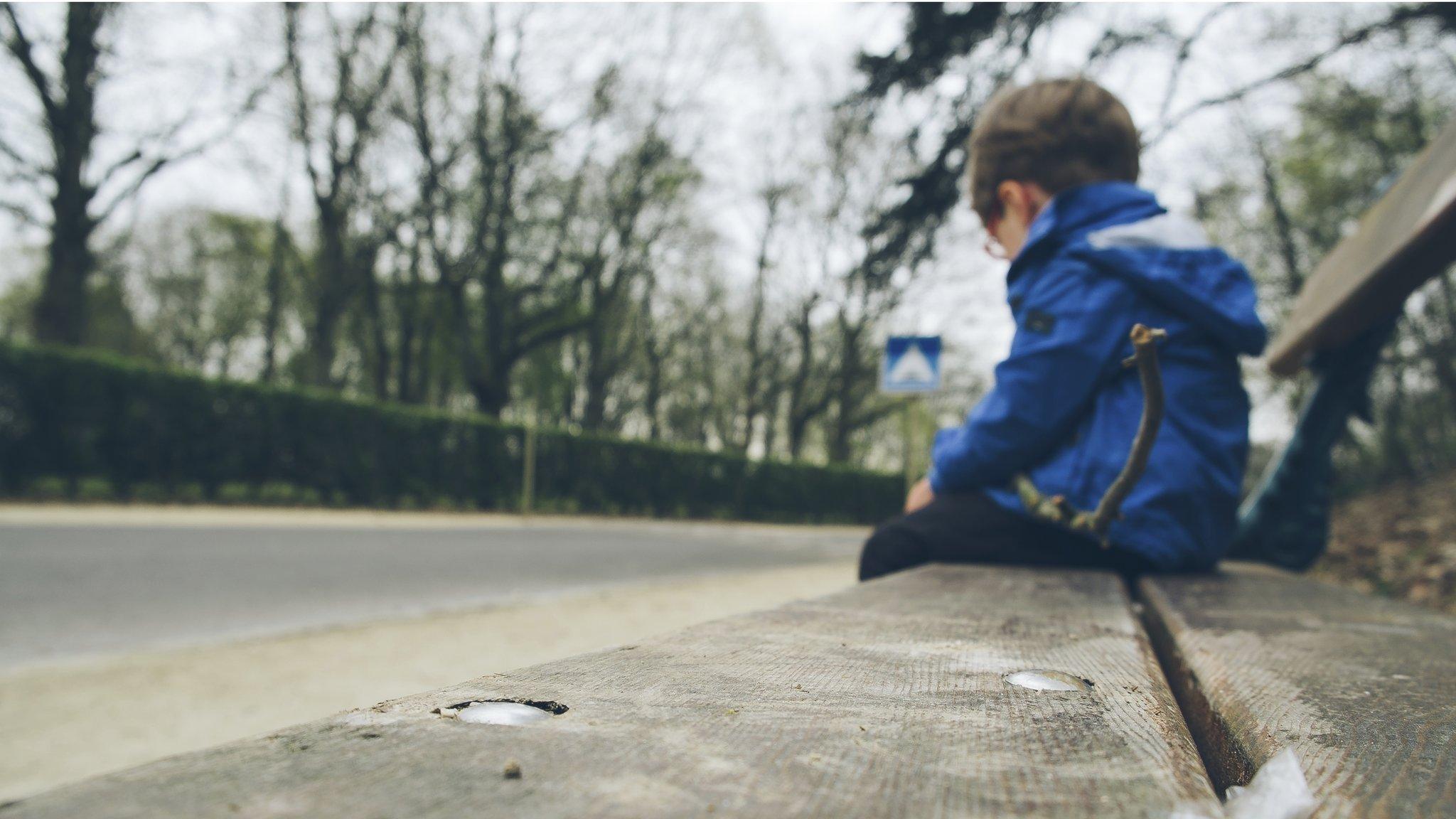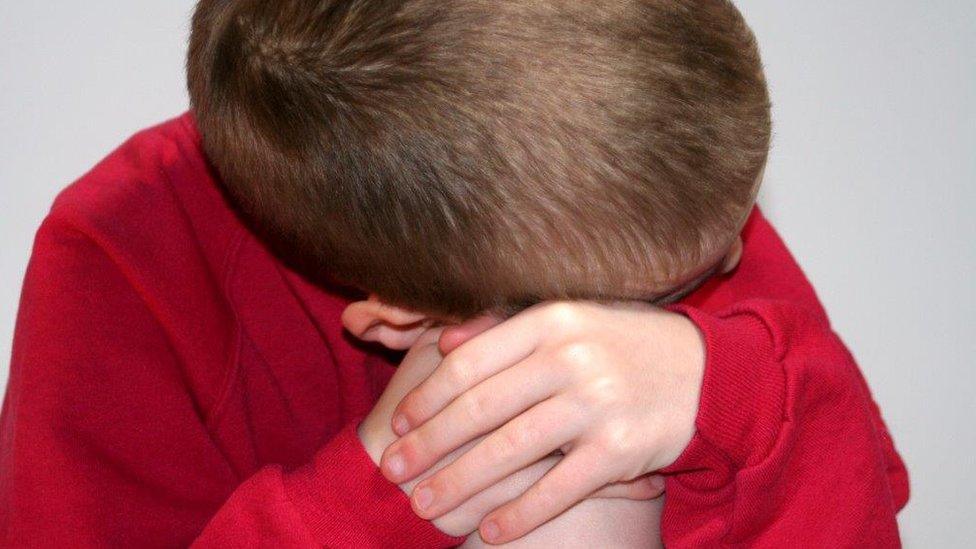Child abuse 'affects health decades later'
- Published

The effects of abuse can last for decades, say researchers
People who were maltreated as children are more likely to have poor health and living standards decades later, a study suggests.
The researchers tracked 8,076 people born in 1958 until the age of 50.
Those who had been abused were 70% more likely to have long-term illnesses and to not own their homes by the age of 50 than those who had not, they found.
The University College London team said those who had experienced more than one form of abuse had doubly bad outcomes.
This was compared with those who had suffered no abuse or maltreatment.
'Peak earnings'
The study, published in US journal, Pediatrics, and undertaken as part of the Public Health Research Consortium, showed that the potential impact of child neglect and abuse could have socio-economic impacts for decades.
The researchers found that neglected children often had worse reading and maths skills in adolescence than their peers.
This could hamper their ability to find work and progress in the job market, they said.
But these factors did not explain the poorer standard of living for those reporting child abuse, they added.
A person's economic circumstances at the age of 50 are important as it is close to the peak earning capacity in the UK, the study said.
'Action needed'
Poor living standards at this age can signal hardship and associated ill-health during old age, it added.
Dr Snehal Pinto Pereira, of UCL Great Ormond Street Institute of Child Health, who led the research, said: "Our findings suggest that maltreated children grow up to face socio-economic disadvantage.
"This is important because such disadvantage could in turn influence the health of individuals affected and also that of their children.
"As well as highlighting the importance of prevention of maltreatment in childhood, our research identified poor reading and mathematics skills as a likely connecting factor from child neglect to poor adult outcomes.
"This suggests that action is needed to improve and support these abilities in neglected children."
- Published4 August 2016

- Published12 October 2016

- Published28 April 2016
